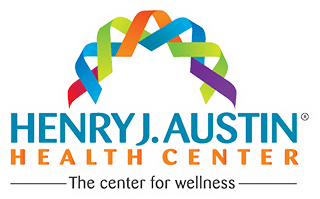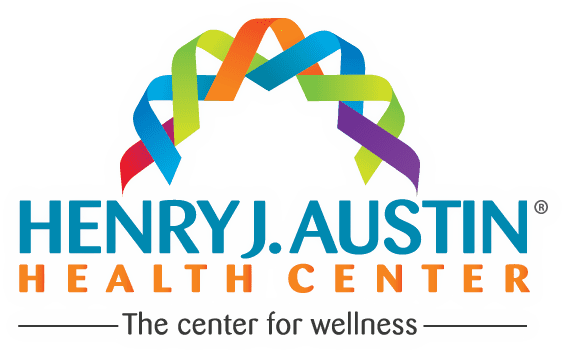COVID-19 and handwashing: Implications for water use in sub-Saharan Africa. Water Resources and Economics 36 (2021): 100189.
Authors: Amuakwa-Mensah, Franklin, Rebecca Afua Klege, Philip Kofi Adom, and Gunnar Köhlin.
Abstract
Because the main modes of transmission of the COVID-19 virus are respiration and contact, WHO recommends frequent washing of hands with soap under running water for at least 20 s. This article investigates how the level of concern about COVID-19 affects the likelihood of washing hands frequently in sub-Saharan Africa. We discuss the implication of the findings for water-scarce environment.
The study makes use of a unique survey dataset from 12 sub-Saharan African countries collected in April 2020 (first round) and May 2020 (second round) and employs an extended ordered probit model with endogenous covariate.
The results show that the level of concern about the spread of the virus increases the likelihood of washing hands with soap under running water for a minimum of 20 s at least five times a day. The increase in the probability of handwashing due to concern about COVID-19, ranges from 3% for Benin to 6.3% for South Africa. The results also show heterogeneous effects across gender- and age-groups, locality and various water sources. However, in Africa, the sustainability of the handwashing protocol could be threatened by the severe water scarcity that exists in the region. To sustain frequent handwashing, sub-Saharan Africa needs an effective strategy for water management and supply.

